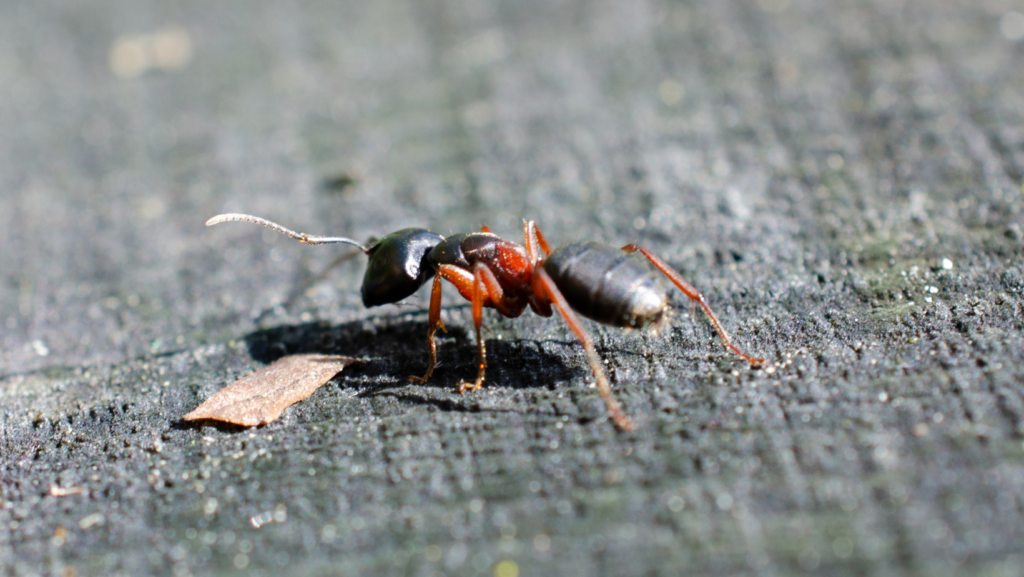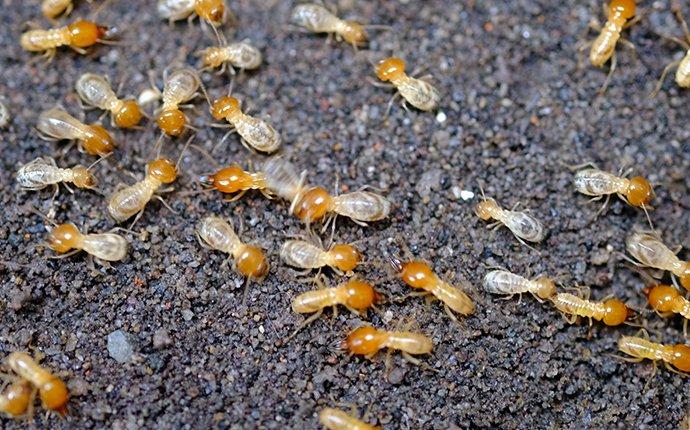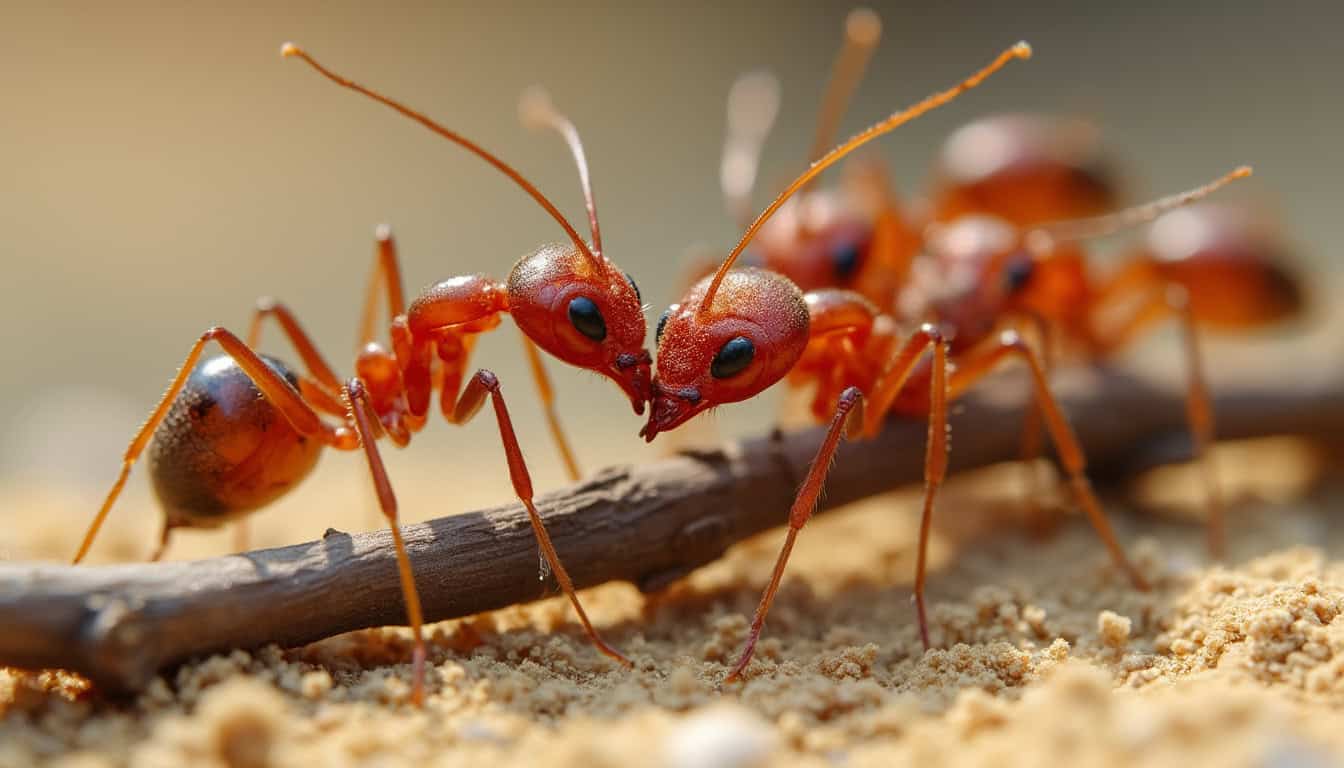Ecological Impact of Pest Control: Harmonizing Effectiveness With Sustainability
The environmental effect of parasite control is a crucial problem that calls for a fragile equilibrium in between accomplishing efficiency in guaranteeing and managing parasites sustainability of our ecological communities. As we aim to protect our plants, homes, and health and wellness from the threats postured by insects, the approaches we utilize can inadvertently damage the atmosphere. From using damaging chemicals that permeate right into our dirt and water to the unplanned repercussions on non-target species, the repercussions of conventional pest control techniques are significant. There are arising strategies that use hope for a more lasting strategy to pest administration. These solutions not only purpose to attend to the prompt insect troubles however likewise take into consideration the long-term health of our world.
Unsafe Chemicals in Parasite Control
The application of dangerous chemicals in pest control poses significant environmental and wellness risks that warrant careful factor to consider and reduction strategies. Pesticides, chemicals, and herbicides are typically made use of to eradicate pests, yet their widespread application can cause unintended effects. These chemicals can infect soil, water resources, and the air, influencing not just the targeted pests yet also valuable insects, wildlife, and people.

To address these dangers, integrated insect administration (IPM) methods are being advertised as a much more lasting alternative. IPM includes a mix of methods such as biological control, habitat adjustment, and the targeted usage of pesticides as a last resort (ant control apex nc). By embracing a holistic approach to pest control, we can decrease the ecological and health and wellness impacts related to harmful chemicals while effectively taking care of pest populations
Effect On Non-Target Variety
Thinking about the unintentional repercussions of pest control approaches, the influence on non-target species is a crucial element that requires detailed analysis. While bug control actions intend to target details bugs, various other organisms in the community might be accidentally affected. Non-target types, including helpful bugs, birds, creatures, and also plants, can endure direct or indirect harm from chemical applications or biological control techniques.
Insecticides created to battle a particular insect pest may damage pollinators like bees or all-natural predators such as ladybugs. Organic control agents, if not species-specific, can posture risks to unexpected targets, interfering with the environmental equilibrium.
To alleviate the influence on non-target types, incorporated pest administration (IPM) approaches that highlight an all natural technique to pest control are recommended. blog These approaches prioritize making use of eco-friendly practices, minimizing harm to advantageous microorganisms while properly managing pest populations. Conducting extensive threat assessments and keeping an eye on the outcomes of pest control efforts are important action in safeguarding non-target species and advertising total ecological community wellness.
Soil and Water Contamination
Unintended ecological repercussions of insect control methods expand beyond impacting non-target varieties, with considerable ramifications for soil and water contamination. Pesticides, herbicides, and chemical plant foods made use of in bug control can seep right into the dirt and contaminate groundwater, presenting a risk to both terrestrial and marine environments. Dirt contamination can interfere with the balance of bacteria essential for nutrient biking and plant growth, resulting in reduced soil fertility and performance. These chemicals can persist in the setting for extended periods, gathering in the soil and possibly getting in the food chain.
Water contamination is another vital problem connected with bug control techniques. To minimize soil and water contamination from insect control activities, integrated pest management approaches that focus on sustainability and lessen chemical inputs are vital.
Air Air Pollution From Chemical Usage
Direct exposure to air-borne chemicals throughout agricultural applications presents a substantial issue for air pollution control procedures. Additionally, pesticide drift, where chemicals are carried by the wind to unplanned areas, can lead to the contamination of close-by ecosystems and water bodies.

Approaches for Lasting Parasite Control
In the world of agricultural practices, applying sustainable parasite control approaches is extremely important for maintaining eco-friendly balance and safeguarding plant yields. Lasting parasite control emphasizes making use of environmentally friendly approaches to handle pest populaces efficiently while minimizing damage to non-target organisms and ecological communities. Integrated Bug Monitoring (IPM) is a widely adopted strategy that combines biological, cultural, physical, and chemical control methods to accomplish lasting bug management options.
Plant rotation and diversification are additionally efficient methods to disrupt pest life cycles and create less desirable conditions for insects to flourish. Eventually, by integrating these sustainable parasite control methods, farmers can accomplish a balance in between pest monitoring effectiveness and environmental stewardship.
Conclusion
Finally, the environmental influence of parasite control techniques should be carefully considered to stabilize performance with sustainability. Hazardous chemicals utilized in pest control can lead to dirt and water contamination, air pollution, and damage non-target species - termite control. It is important to implement lasting pest control methods to reduce these adverse impacts on the atmosphere and advertise a healthier environment for future generations
By adopting a holistic approach to pest control, we can reduce the ecological and health and wellness influences connected with hazardous chemicals while effectively managing pest populations.

To mitigate the air pollution created by chemical usage, it is essential to embrace incorporated pest monitoring methods that focus on the usage of non-chemical bug control approaches, such as plant turning, natural killers, and immune crop varieties. Sustainable bug control highlights the use of ecologically pleasant techniques to take care of insect populaces effectively while decreasing damage to non-target organisms and communities. Integrated Parasite Administration (IPM) is a widely embraced strategy that integrates biological, cultural, physical, and chemical control approaches to attain lasting pest administration options.